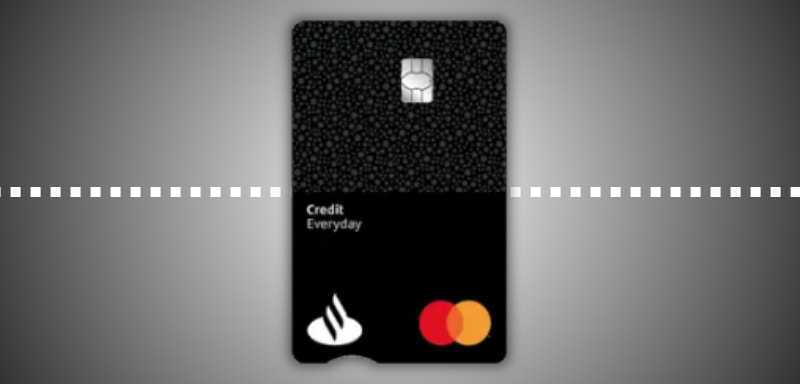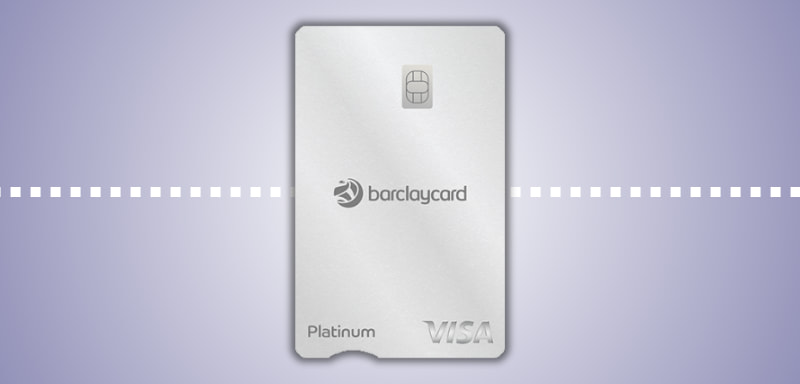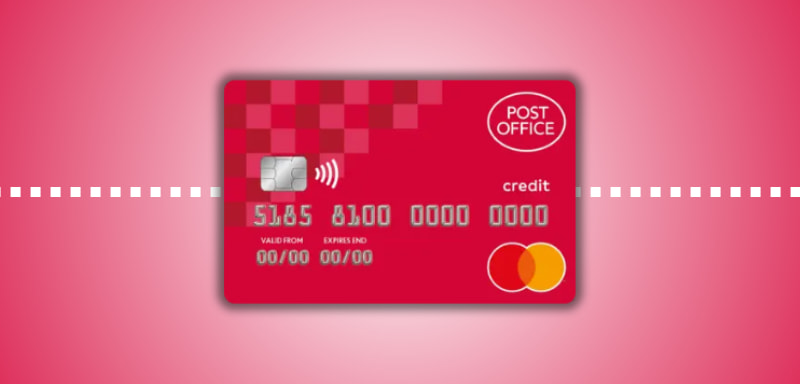Frugal Living Pro
Where Smart Financial Choices Thrive.
Master the Art of Managing Your Money
Dedicated Team
We have an exceptional team of writers and editors working tirelessly to bring you the best reviews, tips, and news to support your financial life and personal growth.


Secure and Trustworthy
Trust us for the best advice. Our content is carefully researched and verified, so you can have full confidence that what we provide is both helpful and accurate!
The Perfect Card for Every Occasion
We've handpicked the best cards for you. With just a click, find exactly what you need and make your choice.


Solve Your Financial Needs with a Click"
Looking for the perfect loan? We've carefully selected a wide range of incredible options just for you — so go ahead and start finding your ideal solution.
Online Personal Loans in Australia: Fast Funding and Easy Application
Explore the best online personal loans in Australia with fast funding and easy applications. Learn how they work and compare top lenders,
Credit Cards
Balance Transfer Credit Card Options to Apply in the UK
Cut high credit card interest and simplify your finances with balance transfer credit cards and debt consolidation strategies.
Keep ReadingCredit Cards
TSB Platinum Balance Transfer Card Review: 0% Up to 38 Months
Learn about the TSB Platinum Balance Transfer Card in the UK, its 0% balance transfer period, representative APR, and fees.
Keep ReadingCredit Cards
HSBC Balance Transfer Credit Card Review: 0% Up to 35 Months
Reduce interest on existing debt with the HSBC Balance Transfer Credit Card. Understand fees, offer length, and eligibility. Check now.
Keep ReadingTesco Balance Transfer Credit Card Review: 36 Months 0% Deal
Learn about the Tesco Balance Transfer Credit Card UK — Check representative APR, fees, and eligibility to apply.
Trending Topics

Santander Everyday Credit Card Review: 34 Months 0% APR
Explore the Santander Everyday Long Term Balance Transfer Credit Card with 34 months 0% balance transfer, purchase offer and fees.
Keep Reading
Barclaycard Platinum Review: 36-Month 0% Balance Transfer & Cashback
Explore fees, APR, and eligibility for the Barclaycard Platinum Balance Transfer Credit Card in the UK. See if it suits your needs.
Keep Reading
Post Office Credit Card Review: up to £8,000 credit limit
Apply for the Post Office Credit Card in the UK and access up to £8,000 credit with possible 0% interest offers. Check eligibility now.
Keep ReadingTrending Authors
Aqua Classic Card Review: Build Credit with No Annual Fee
Discover the Aqua Classic Card: credit-builder credit card in the UK with no annual fee and personalised limits.
How to Do a Balance Transfer Step by Step (Without Making Costly Mistakes)
Learn how to do a balance transfer step by step, avoid common mistakes, and use lower interest to pay off debt more effectively.
Balance Transfer vs Paying the Minimum: Which Option Saves You More Money?
Paying the minimum or using a balance transfer leads to very different outcomes. Learn how each option impacts interest and repayment.
Keep ReadingWhat Is a Balance Transfer and How Does It Work?
Discover how balance transfers work and when they actually help. A practical explanation for anyone managing credit card debt.
Keep ReadingFIT Mastercard Review: No Security Deposit, $400 initial credit limit
Find out how the FIT Mastercard works for everyday purchases and credit building, with monthly reporting to the big three bureaus.
Keep ReadingReflex Mastercard Review: Build Credit Without a Security Deposit
Looking for a credit-building option? Reflex Mastercard lets you use credit responsibly while helping strengthen your financial profile.
Keep ReadingCredit One Bank Secured Card Review: A Smart Path to Building Credit
Explore the benefits of the Credit One Secured Credit Card — from cash back rewards to monthly reporting that supports credit health.
Keep ReadingAvant Credit Card Review: Credit Builder for Fair Credit Scores
Fair credit or limited history? Avant Credit Card makes credit accessible with simple approval and monthly reporting to credit bureaus.
Keep Reading




